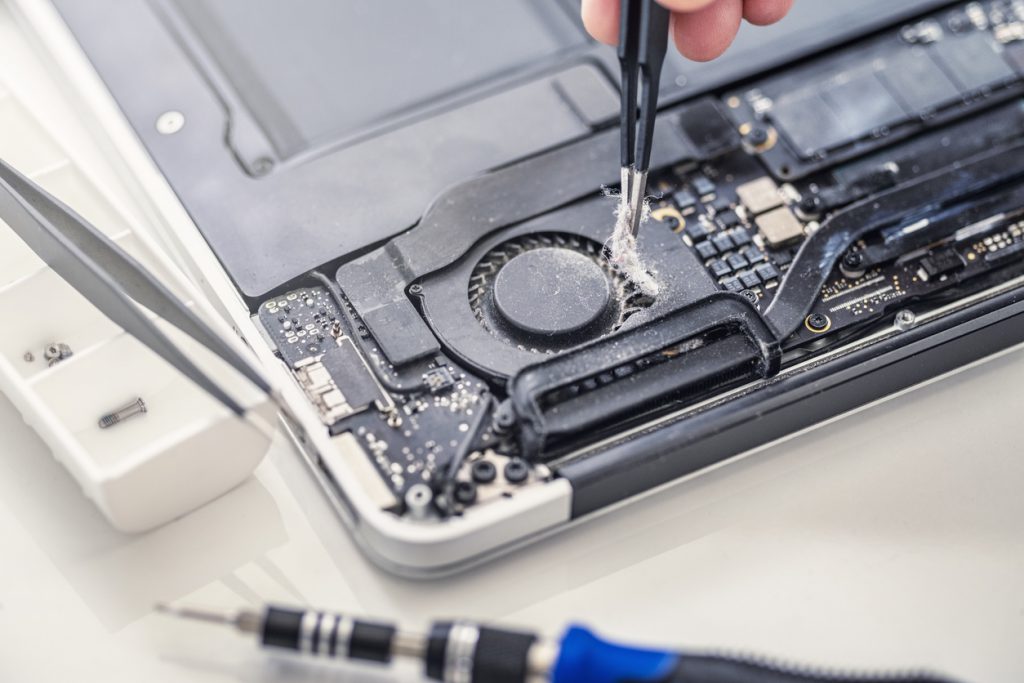New EU rules encouraging consumers to repair devices over replacing them

Parliament adopted its negotiating position on new measures to strengthen the right to repair and reduce the environmental impact of mass consumption. On Tuesday, Parliament adopted its position on a stronger “right to repair” for consumers, with 590 votes in favour, 15 against, and 15 abstentions. The proposal aims to encourage more sustainable consumption, by making it easier to repair defective goods, reducing waste and supporting the repair sector.
Choose repair instead of buying, even after the guarantee expires
Within the legal guarantee period, sellers would be required to prioritise repair if it is cheaper or equal in cost to replacing a good, unless the repair is not feasible or inconvenient for the consumer. MEPs also propose to extend the legal guarantee by one year once a product has been fixed.
Consumers will have a right to request repair for products such as washing machines, vacuum cleaners, smartphones and bicycles after the guarantee has expired. To make repairs the more attractive choice for consumers, MEPs want producers to offer replacement devices on loan for the duration of the repair. If a product cannot be fixed, a refurbished one could be offered instead.
More competitive repair market and incentives to opt for repair
Consumers are often discouraged from having a product repaired due to high costs, the difficulty of accessing repair services or design features preventing repair. Under Parliament’s position, independent repairers, refurbishers and end-users would have access to all spare parts, repair information, and tools at a reasonable cost.
Online platforms will help consumers find local repairers (including repair cafés) and sellers of refurbished goods in their area. To make repairs more affordable and attractive, MEPs propose offering consumers vouchers and other financial incentives via national repair funds.
